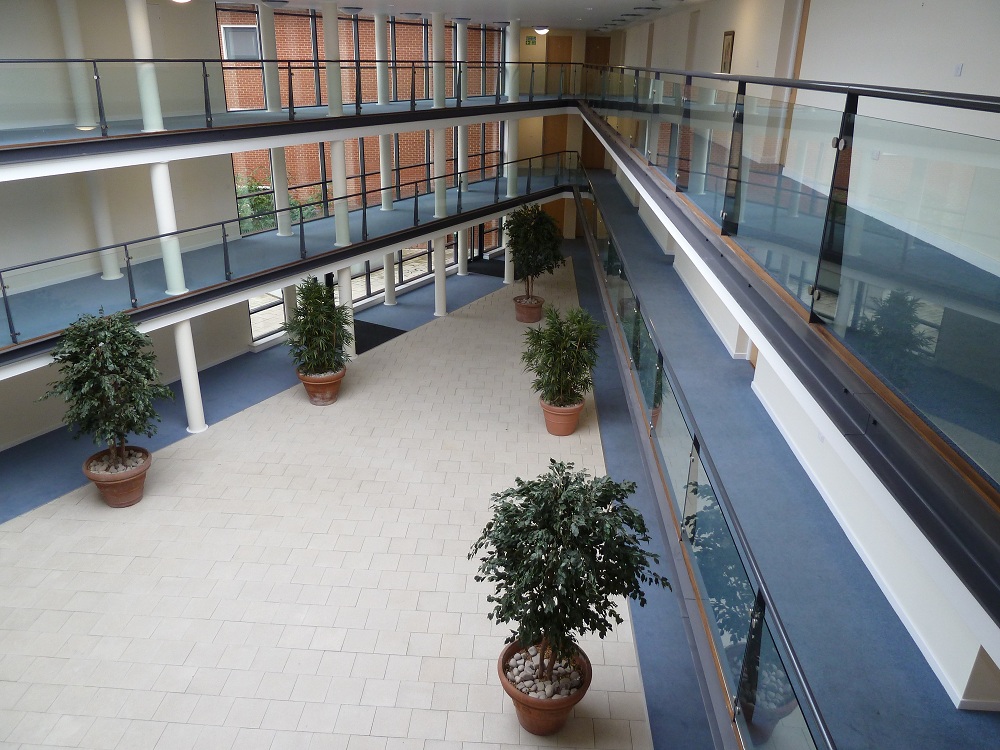If I lived in a nice development at a lower than usual cost because of social housing rules, I'd consider that a decent deal in and of itself and wouldn't complain about not using a fancy entrance/swimming pool/etc that I wasn't paying for.
Unless we go full communist and somehow make it work(*), there will be a variation in wealth. I think it's currently too large a variation, but I don't think the problem is that people living in £800K flats don't get the same luxuries as people living in £3M flats who pay a lot per year on top for those extra luxuries.
I agree, if anything they should be grateful. It's not necessarily 3m flats in the private development either - there might well be people in the private development with cheaper 1 bedroom or studio flats vs people on the shared ownership or housing association part with 2 bedroom flats. Perhaps a posh but small 1 bedroom costs 650-750k whereas a shared ownership housing association 2 bed like the one mentioned costs 800k.
I think a lot of it is just people being naive re: how these things tend to work - notions of say the wealthy have to pay for the cleaning bills for the other block etc.. when generally they're managed by completely different entities. Cleaning is perhaps a minor cost, the social housing block will have buildings insurance (or a contribution towards), water, waste collection, general maintenance, a management fee etc.. etc..
It is up to the various managing entity to control costs, decide when to carry out repairs or spend on large projects like say painting all the corridors, they have nothing to do with each other in respect of stuff like that and act autonomously. The housing association probs wants to minimise costs whereas the private management company might have a bunch of demands on stuff that residents want done every AGM.
This gives me flashbacks to the time i lived in one block of flats with no lifts yet still chipped in(Via the service charge) for the lifts for the flats on the other side of the road.
Luckily, 12 years later it doesn't bother me anymore....

That's unfortunate, I guess that's just what happens if it is the same management company - typically fees calculated by sq ft of floor space in your flat.
How do Service Charges work in blocks such as these? Am I correct in thinking for the social housing side this would mostly be absorbed/subsidised by the Housing Association (thus partially wrapped up into the overall "rental" cost), whereas the privately owned side would clearly have two costs (the mortgage (if they have one), and the separate service charge (that presumably would be more subject to price increases as per any contract in place).
Nope, typically 100% of the service charge is paid directly by the shared ownership tenant regardless of the % owned. It's kind of moot really as if they were to say own 25% and then pay 25% the other 75% would just be passed onto them via the rent they pay on the remaining 75%.
I'm assuming the housing association would also have no appetite in being held responsible for a higher service charge for any non-essential parts of the building (and thus can keep the costs they pass on to their tenants at a lower rate), on the basis the aim of the housing association is to provide affordable housing that meets acceptable living standards (and clearly access to a Gym, Pool, Cinema etc. falls well outside of this scope).
Yup, exactly, especially if they don't just have shared ownership tenants but also people paying social rents to the housing association and/or on housing benefit. High service charges simply aren't feasible there and even in the shared ownership case they'd make such schemes unaffordable for most of the people they're aimed at.



